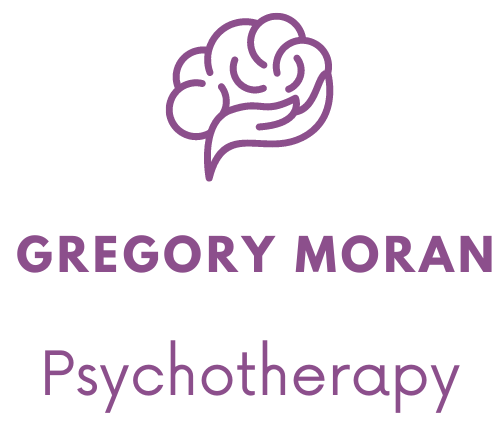Psychodynamic Psychotherapy
Psychodynamic therapy delves into the depths of the unconscious, illuminating the hidden patterns and dynamics that shape our thoughts, emotions, and behaviours, fostering insight and transformation.
What is Psychodynamic Psychotherapy
Psychodynamic psychotherapy is an approach to therapy that focuses on exploring the unconscious processes, emotions, and interpersonal dynamics that influence a person’s thoughts, feelings, and behaviours. Rooted in psychoanalytic theory, psychodynamic therapy aims to help individuals gain insight into their unconscious conflicts and unresolved issues, leading to greater self-awareness, emotional healing, and personal growth.
Key features of psychodynamic psychotherapy include:
- Exploration of the Unconscious: Psychodynamic therapy emphasizes the role of unconscious processes in shaping thoughts, feelings, and behaviours. Therapists help individuals explore unconscious conflicts, desires, fears, and defence mechanisms that may be contributing to their psychological difficulties.
- Past Experiences: Psychodynamic therapy recognizes the significance of past experiences, particularly early childhood experiences, in shaping personality development and emotional functioning. Therapists help individuals explore how early relationships and experiences may be influencing their present-day thoughts, feelings, and behaviours.
- Dynamic Interpersonal Patterns: Psychodynamic therapy focuses on understanding the dynamics of interpersonal relationships and how they may manifest in the therapeutic relationship. Therapists pay attention to transference (unconscious feelings and reactions toward the therapist) and countertransference (therapist’s emotional reactions toward the client) as valuable sources of insight into relational patterns and unresolved issues.
- Insight and Self-Reflection: Psychodynamic therapy encourages individuals to gain insight into their unconscious processes and patterns of behaviour. Through self-reflection and exploration, individuals develop a deeper understanding of themselves, their motivations, and the underlying causes of their psychological difficulties.
- Expression of Emotions: Psychodynamic therapy provides a safe and supportive environment for individuals to express and explore their emotions. Therapists help individuals identify and process difficult emotions, such as anger, sadness, anxiety, and grief, facilitating emotional healing and integration.
- Working Through: Psychodynamic therapy involves the process of working through unconscious conflicts and resolving emotional issues within the therapeutic relationship. Therapists support individuals in confronting and processing their unresolved issues, fostering personal growth and psychological integration.
- Long-Term Process: Psychodynamic therapy is often viewed as a longer-term process compared to other forms of therapy. It recognizes that deep-seated psychological issues and relational patterns may require time and exploration to address effectively.
Overall, psychodynamic psychotherapy offers a comprehensive and depth-oriented approach to therapy, focusing on understanding the underlying causes of psychological difficulties and promoting self-awareness, insight, and emotional healing. Therapists trained in psychodynamic therapy utilize a range of techniques, including interpretation, exploration, reflection, and empathic attunement, to facilitate the therapeutic process and support clients in their journey toward psychological growth and well-being.
